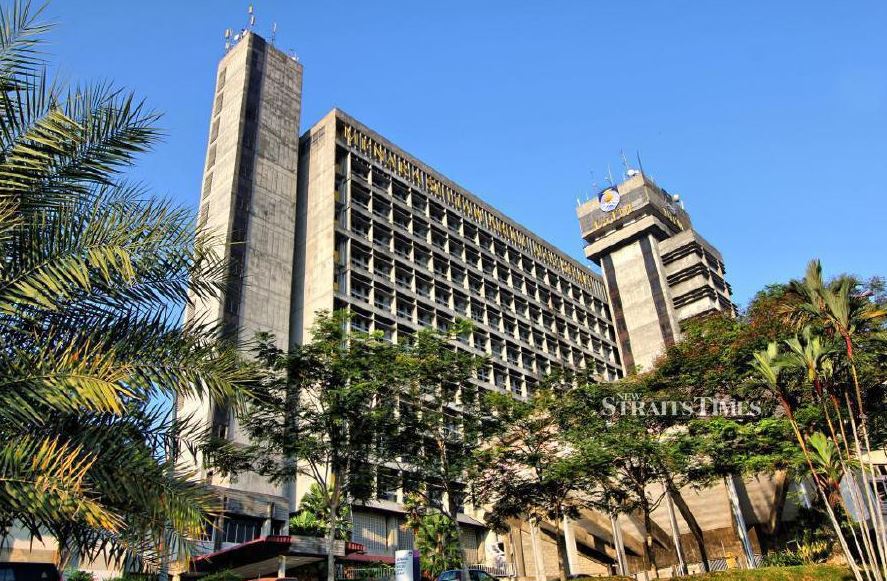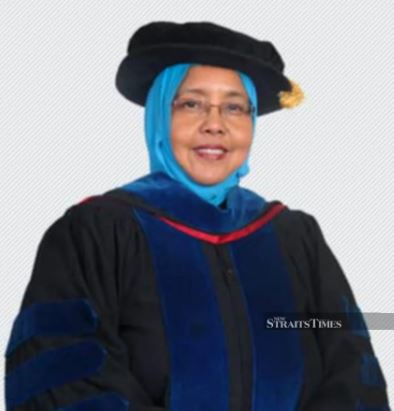
Universiti Teknologi Mara (UiTM) is prepared to welcome returning and new students into their “new normal” campus.
SHAH ALAM: Universiti Teknologi Mara (UiTM) is prepared to welcome returning and new students into their “new normal” campus.
This is to ensure they can pursue their studies with ease, in a healthy learning environment and with online learning as the mode of learning and teaching.
UiTM Office of International Affairs (OIA), headed by Dr Zainab Mohd Noor, is the one-stop centre responsible to ensure online borderless learning, teaching and human capital development, while maintaining the quality of course contents and programmes offered.
This internationalisation hub has endorsements from 324 prominent partners across the globe such as universities in US, Canada, Bosnia, Indonesia, Mauritius and local partners.
“This is the internationalisation and mobility concept that UiTM has spearheaded to achieve its strategy to gain the status of a global renowned university by 2025”, said Zainab.
“Students will undergo more online courses, class interactions and lectures from foreign partner institutions and locations with very credible speakers from around the globe.
“In addition, they will be experiencing new cultures and meet new friends. They will get first-hand information about the countries that they may be visiting for Summer Exchange programmes, internships or industry attachments opportunities.

The OIA at UiTM has planned for post-Covid education when students and staff are readily permitted to resume their work and studies, said Zainab, Director of OIA.
“All these are an integral part of this internationalisation education under the OIA at UiTM in preparation to provide post-Covid benefits for students and staff”, she said.
Though most students are considered to be in the digital generation, online education and learning may be a task to most of them, especially the new intakes.
Zainab strongly believes that the nurturing of trust, friendly guidance and empathy is the “human touch” approach to post-Covid educating and assisting of students which can surely minimise all the challenges and obstacles for them.
With audiences reaching more than 1,000 with any online information blast and the huge UiTM student population, Zainab and her team are able to provide more global education access, communication and borderless mobility for students, staff and the relevant general public.
Students must adapt and quickly accept this new normal post-Covid higher education way of learning that is currently being heavily practiced in universities worldwide.
For UiTM, its students and employees will be better and more qualified professionals when they graduate or when they complete their respective training programmes via internationalisation.
Evidently, two per cent of UiTM graduates are employed in the global market.
